Home › Careers
The Infectious Diseases Translational Research Programme (ID TRP), Yong Loo Lin School of Medicine, National University of Singapore (NUS), invites applications for two tenure track faculty positions at Assistant Professor, Associate Professor or Full Professor levels in respiratory viruses and vaccine development, respectively. We are interested in candidates working on respiratory viruses, particularly influenza virus, on infection biology and pathogenesis. For vaccine development, candidates with innovative platforms or approaches to bacterial or viral diseases will be considered. Experience with animal models and preclinical studies of vaccine development would be helpful. Candidates with excellent publication track records in these areas are encouraged to apply.
The ID TRP is a 17-primary member programme, consisting of basic scientists and clinician scientists for seamless translation of research. ID TRP has strong expertise in bacterial antibiotic multidrug resistance and emerging viruses, covering epidemiology, molecular mechanisms, animal models and therapeutic and prophylactic interventions. Other areas including phage biology, pneumococcal infections and microbiome are also being actively developed under the programme.
Successful applicants will join a vibrant research environment at the School of Medicine (https://medicine.nus.edu.sg/). Facilities (including BSL3 and ABSL3) and research support are world-class.
The university offers internationally competitive salary packages in Singapore’s low tax environment. The School of Medicine is committed to the achievement of excellence and diversity among its faculty, and female and minority candidates are encouraged to apply for the positions. Interested, strong candidates should forward their detailed curriculum vitae along with a letter of intent describing their current expertise, research plans, career goals, teaching interests, and provide the names of 3-5 academic referees. Please send the application materials to:
Chair, ID TRP Search Committee (c/o Ms. Kalista)
Job description
We have a research assistant position in the Infectious Diseases Translational Research Programme at Yong Loo Lin School of Medicine at the National University of Singapore. We are seeking to hire a motivated candidate with backgrounds in virology, immunology, and molecular biology to work on pandemic preparedness-related projects. The project focuses on developing diagnostic tools to study the prevalence of highly pathogenic virus spillover in humans and animals, aiming to better understand the regional infectious viral disease threats.
The job scope includes designing, developing, and optimizing conditions for experiments and collaborating with the local and overseas infectious disease teams to test various factors that can improve the sensitivity of the diagnostic platform.
Qualifications:
We regret that only shortlisted applicants will be notified.
Job Description
The National University of Singapore is inviting applications for a Research Fellow position in the Infectious Diseases Translational Research Programme and Department of Physiology at the Yong Loo Lin School of Medicine. Our laboratory’s overarching research focus is investigating how the microenvironment interacts with lung cells and how dysregulation of this interaction contributes to lung disease pathophysiology, specifically asthma, respiratory infections, and lung cancer. The long-term goal of our research is to identify novel therapeutic targets for these diseases.
Qualifications
Interested candidates are to submit your application, indicating current/expected salary, supported by a detailed CV (including personal particulars, academic and employment history, complete list of publications/oral presentations and full contacts of 3 referees). We regret that only shortlisted applicants will be notified.
Job Description
A postdoctoral research fellow position is available in the laboratory of Tan Yee Joo which is part of the Infectious Diseases Translational Research Programme, Department of Microbiology and Immunology, Yong Loo Lin School of Medicine, National University of Singapore. The successful applicant will be involved in projects on virus-host interactions and study influenza virus and coronavirus.
Qualifications
Interested candidates are to submit a detailed CV that includes educational background, work history, publication list and the names and email contacts of three referees. We regret that only shortlisted applicants will be notified.
The Infectious Diseases Translational Research Programme (ID TRP), Yong Loo Lin School of Medicine at NUS invites applications for a contract full time Postdoctoral Research Fellow position to study infection and transmission mechanisms of zoonotic viruses in the Infectious Diseases Translational Research Programme (ID TRP) and the Department of Biochemistry, Yong Loo Lin School of Medicine. The ID TRP is pooling efforts of prominent scientists from multiple disciplines and committed to human infectious diseases closely relevant to Singapore and the region. The Department of Biochemistry provides intimate support in lipidomics, bioinformatics and synthetic biology.
Appointments will be made on a three-year contract basis with the possibility of extension. The University, Programme and Department provide customised trainings and grant opportunities for early career researchers.
Job Description
Working in the group of Assistant Professor QU Kun at the ID TRP and the Department of Biochemistry, the Research Fellow will conduct a project aimed at studying the pathogenesis of viral infections at cellular and molecular levels, and developing novel vaccines and therapeutic targets. The Qu lab (https://medicine.nus.edu.sg/bch/faculty/qu-kun/) is funded by the start-up award of the NUS Presidential Young Professorship. We utilise biological techniques to produce virus particles and viral proteins, and visualise them in situ or in vitro using cryo-electron microscopy, cryo-electron tomography and subtomogram averaging.
Main Duties and Responsibilities
Qualifications
The applicant must or should:
• Behave with scientific integrity and honesty;
• Hold a Ph.D. in Biochemistry, Bioengineering or related disciplines, or due to complete Ph.D. within 6 months;
• Have excellent expertise in protein engineering, including expression and purification;
• Have handy experience with microfluidics, biopolymers or other biomaterial characterization techniques;
• Be able to work independently and be passionate about science;
• Be able to communicate and work with others in an open manner.
Remuneration will be commensurate with the candidate’s qualifications and experience. Only shortlisted candidates will be notified.
Laboratory: A/P Tan Yee Joo, Department of Microbiology & Immunology
(https://medicine.nus.edu.sg/mbio/about-us/our-people/academic-staff/tan-yee-joo.html)
Job description:
The National University of Singapore invites applications for Research Assistant in the Department of Microbiology and Immunology, Yong Loo Lin School of Medicine. The successful candidate will be expected to carry out projects in the area of virus-host interactions in the laboratory of Associate Professor Tan Yee Joo.
Purpose of the post:
The appointee will be a Research Assistant working closely with a multi-disciplinary team including research scholars and research fellows in the field of virology.
Main duties and responsibilities:
We are looking for an enthusiastic and motivated candidate who will be actively involved in performing bench work related to virology, protein chemistry and cell biology. The RA will be closely working with research scholars and research fellows. He/she will be required to assist with any other laboratory duties as delegated by the PI.
Qualifications:
The National University of Singapore invites applications for a Research Assistant to study infection and transmission mechanisms of zoonotic viruses in the Infectious Diseases Translational Research Programme (ID TRP) and the Department of Biochemistry, Yong Loo Lin School of Medicine.
Appointments will be made on a one-year contract basis with the possibility of extension. The PI supports the Research Assistant for scholarship or job applications in his/her next career.
Job Description
Working in the group of Assistant Professor QU Kun at the ID TRP and the Department of Biochemistry, the Research Assistant will participate in a project aimed at studying the pathogenesis of viral infections at cellular and molecular levels, and developing novel vaccines and therapeutic targets. The Qu lab (https://medicine.nus.edu.sg/bch/faculty/qu-kun/) is funded by the start-up award of the NUS Presidential Young Professorship. We utilise biological techniques to produce virus particles and viral proteins, and visualise them in situ or in vitro using cryo-electron microscopy, cryo-electron tomography and subtomogram averaging.
Main Duties and Responsibilities
Qualifications
The applicant must or should:
Remuneration will be commensurate with the candidate’s qualifications and experience. Only shortlisted candidates will be notified.
Molecular RNA Virology and Antiviral Strategies (MARVAS)
Positive-strand RNA viruses encompass over one-third of all virus genera and include numerous human pathogens, such as dengue virus, West Nile virus, Enterovirus 71, Chikungunya virus, MERS coronavirus and hepatitis C virus. Host factors participate in most, if not all steps of positive-strand RNA virus infection, including entry, viral gene expression, virion assembly and release. Moreover, host factors are targeted by positive-strand RNA viruses to modulate host gene expression and immune defenses. In our current study, human Enterovirus 71, mosquito-borne viruses (Zika and Dengue) as well as SARS CoV-2 are used as the virus models to decipher the interplay of essential host factors with positive-strand RNA viruses. Knowledge gained from these investigations has enabled us to design and develop the formulation of effective vaccine or therapeutic intervention (antivirals) against these medically important virus infections.
Streptococcus pneumoniae is an important respiratory pathogen that causes more than one million deaths worldwide annually. Similar to other pathogenic bacteria, S. pneumoniae encases its cell envelope with capsular polysaccharide (CPS). This layer protects the cell from host insults, such as opsonophagocytosis and mucus clearance. Because of its importance in pathogenesis, all clinically relevant vaccines against S. pneumoniae target the CPS. There are at least 100 serotypes identified and the structural variation of CPS is attributed to the extreme diversity of glycosyltransferases (GTs), flippases, and polymerases at the cps locus. Little is known about the molecular mechanisms governing their specificity, regulation, and function. The long-term goal of this project is to investigate the specificity determinants of CPS enzymes based on the wealth of structural information available for pneumococcal CPS. Our approach is enabled by conditional essentiality of the CPS enzymes and the genetic tractability of S. pneumoniae.
Understanding how CPSs are synthesized in S. pneumoniae is critical to improve our current antimicrobial and vaccine strategies. Enzyme variants isolated from this work will be valuable tools for synthetic biology and glycoengineering. Besides studying CPS enzymes, we are interested in finding small molecules that inhibit different steps of the CPS pathway as therapeutics.
Urinary tract infections (UTIs) are among the most common infections of humans and a major reason why people take antibiotics. This, in turn, leads to higher antibiotic resistance rates. The primary clinical problem in treating UTI is that for some patients, UTIs recur frequently, despite sometimes prolonged courses of antibiotic therapy. While the majority of bacteria during a UTI are extracellular and present in the urine in the lumen of the bladder (which makes them easy to isolate, monitor, and treat), a subset of intracellular bacteria within the bladder epithelial cells is relatively resistant to antibiotic treatment and host immune defenses. These intracellular bacteria can therefore persist for weeks to months in the bladder (presumably causing no symptoms); upon reactivation, they can cause recurrent UTI. We are applying advances in single cell genomics to understand how UPEC are able to enter and survive in the intracellular niche. Some of our genetic and protein engineering tools are crucial for this work, enabling us to manipulate and visualize clinical strains of UPEC
Genetics has been a cornerstone of biological discovery, leading to understanding, diagnosis, and treatments for numerous human diseases. The history of genetics traces its roots to Gregor Mendel’s iconic experiments hybridizing pea plants; a direct line to powerful genetic systems in Drosophila and mice has enabled breakthroughs ranging from congenital disease to cancer.
The Chen lab has developed several genetic techniques, in particular focusing on general tools that can be used in wild-type strains of E. coli in addition to the “easier” lab-adapted strains traditionally used for synthetic biology. These tools now, for the first time, enable access to the power of sexual genetics (like that which powers mouse or human genetic studies) combined with high throughput genomics in Escherichia coli, the most well studied bacterium and most important chassis organism for synthetic biology. The marriage of sexual genetics with E. coli enables unprecedented opportunities for research discovery (which requires a robust resource supply chain) and for developing and marketing boutique, purpose-built custom chassis for the broader biotechnology industry.
The largest reported outbreak of group B Streptococcus (GBS) infections occurred in Singapore in 2015, involving over 300 cases of bloodstream infections. This outbreak was associated with consumption of 魚生 (yu sheng), a dish made from sliced raw fish and served with rice porridge by food stalls. Such foodborne transmission leading to invasive disease had not been reported prior to this outbreak. One clone of GBS, referred to as ST283, was responsible for this outbreak; this strain is almost exclusively found in Southeast Asia in both humans and fish. This project uses genomics, genetics, microbiology, and an animal model of infection to discover why ST283 GBS is so proficient at causing disease in humans and why it is well adapted to aquaculture.
Approximately 2 billion people have been infected by two viruses, hepatitis B virus (HBV) and hepatitis C virus (HCV), which primarily attack the liver. Although HCV and HBV are completely different viruses, both of them preferentially infect hepatocytes and are able to subvert the innate and adaptive immunity, leading to chronic infection. In contrast, acute infection happens for many newly emerged viruses, like influenza A virus and coronavirus, after zoonotic transmission. For all these viruses, the complex interplay between viral proteins and host cell machineries contributes to viral replication and/or pathogenesis. However, the exact manner by which each virus participates in this complex process is not completely understood. In this project, we will use a multidisciplinary approach to identify host factors that are regulated by different viral proteins. The functional significance of novel viral-host interactions identified will be analyzed by using cell culture systems. Identification of novel viral-host interaction therefore offers opportunities for designing new treatments and prevention strategies.
Chronic Hepatitis B is chronic viral disease affecting the liver and there are over 270million infected patients globally, being the most common cause of liver disease and liver cancer globally. Functional cure (HBsAg loss) is an achievable goal leading to improved survival, lower liver cancer and liver complications.
The biology of different stages of Chronic Hepatitis B (CHB) is still not well understood but insights are likely with deep multidimensional phenotyping comprising genomics, transcriptomics, proteomics , microRNA, immunology and virological characterisation, an opportunity we are well placed to explore with our well established cohort of over 2000 Chronic Hepatitis B patients The main focus will be on functional cure of CHB defined as HBsAg loss, not achievable with current therapies.
The objectives of our proposal is the understand the virological and immune mechanisms involved in functional cure by examining the liver microenvironment with state of the art technologies such as single cell analysis, genomics, transcriptomics, proteomics, and epigenetics in patients with/without functional cure. As the key to CHB is an indepth analysis of epigenetics of cccDNA, factors found in the HBV TCR to be important in viral replication will be investigated to understand their direct or indirect relationship to HBV. Concurrently, a validated target for HBV will be a particular focus for assay development, computerised modelling, and medicinal library development as possible new classes of antiviral agents. New mechanisms of action, and new antiviral agents can be tested out in the humanised mouse model which is being developed as a model-of-choice for CHB with chronic HBV infected hepatocytes and a fully matched immune system.
Potential projects for suitable applicants, esp those interested in PhD projects
1. Transcriptome analysis of intrahepatic versus peripheral blood compartment in CHB patients with and without functional cure
2. Functional immunological analysis of intrahepatic compared to peripheral blood in functional cure
3. Innate versus adaptive intrahepatic immune responses in CHB patients with and without functional cure
4. Examination of HBV minichrosome (cccDNA)quantity and function in CHB livers in patients with and without functional cure 5. Dissecting cccDNA silencing mechanisms in patients with and without functional cure of CHB
6. Assay development in novel targets towards HBV
7. Medicinal library construction of potential antiviral agents using novel targets and assays
8. Humanised mice models for Chronic hepatitis B
Graduate students are welcome to join the following available projects under ID TRP’s Researchers.
Admission into the School’s Graduate Programme is based on guidelines established by the University. More details on the admission requirements can be found here.
More information regarding the Graduate Programme is available at: Graduate Education at NUS Medicine.
Please take note of the application deadlines.There are two intakes per academic year, one in August and the other in January. All copies of the applications must reach the Dean’s office by 15 November (of the previous year) for the August intake, and by 15 May (of the previous year) for the January intake.
Please submit your application and supporting documents online at: Graduate Admission System




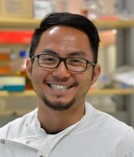
Assistant Professor (Micro & Immuno)

Senior Lecturer (Micro & Immuno)
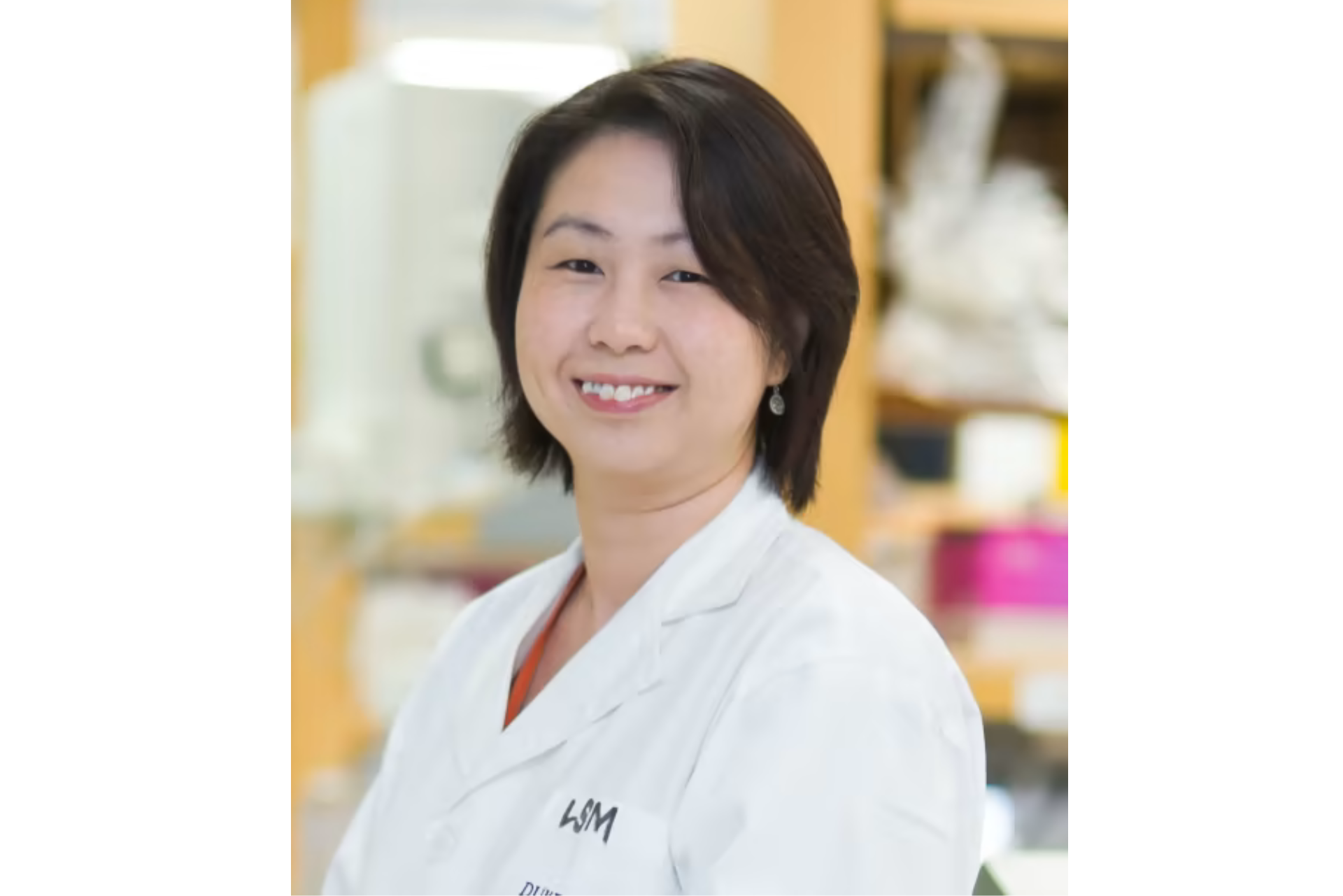
Professor (Duke-NUS)
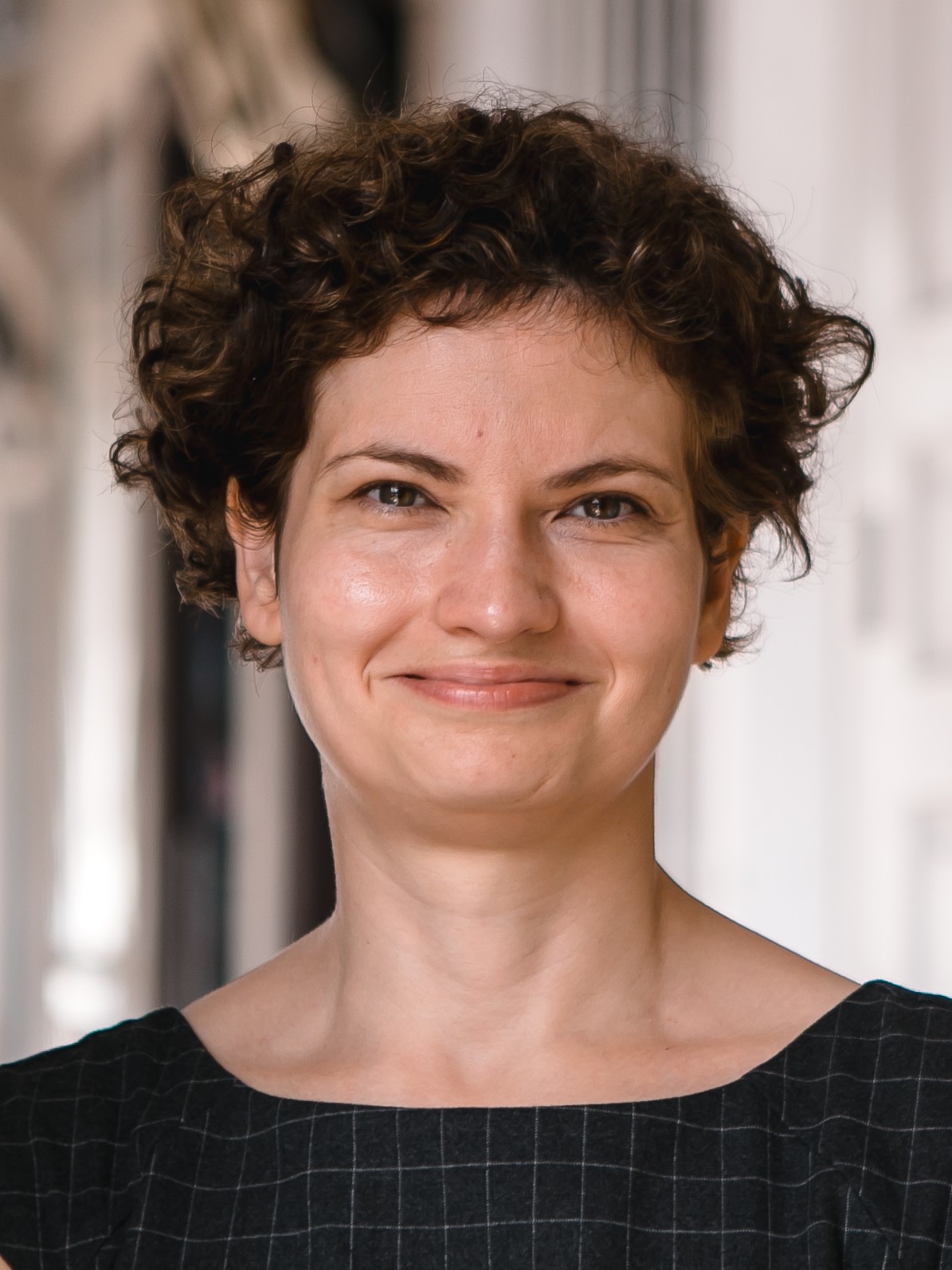
Assistant Professor (SPH)


Associate Professor (Medicine)


Assistant Professor (DBS)

Assistant Professor (Micro & Immuno)

Adjunct Assistant Professor (Biochemistry)




Associate Professor
(A*STAR ID Labs)


Associate Professor




Professor

Associate Professor

Professor

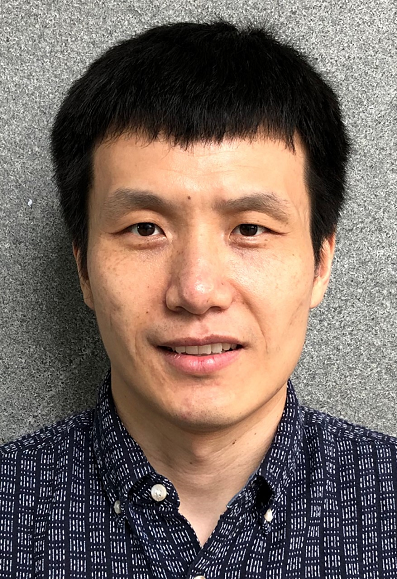
Assistant Professor

Associate Professor


Research Assistant Professor



Associate Professor

Assistant Professor

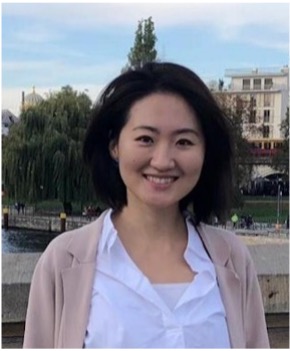
Consultant (Medicine)

Assistant Professor
Assistant Professor ?


Consultant (Medicine)
